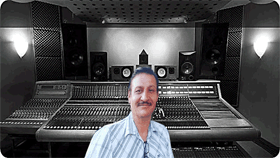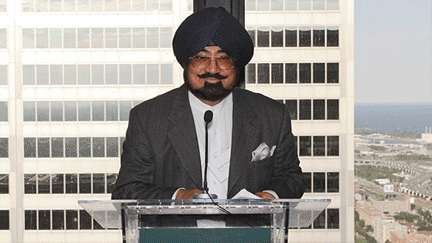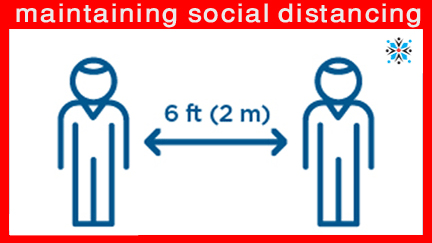About Kumar Sanu
February 14th, 2020
Kedarnath Bhattacharjee, better known as Kumar Sanu, is an Indian playback singer who mainly sings for Hindi and Bengali films.

Early life:
Sanu’s father, Pashupati Bhattacharya, was a vocalist and composer. The two and Sanu’s elder sister lived in the Sinthee area of Calcutta (now Kolkata) near Biswanath Park. Bhattacharya trained under renowned musicians of the region, Jiban Upadhyay and Bishodeb Chattopadhyay, the former of the Badal Khan and Jamruddin gharana. Classically trained, he sang for the Dhaka radio alongside Jagan Mitra and Sudhirlal Chakrabarty. Sanu said of him, “He was a master of thumri, khayal and bhajans. Only my elder sister Jayshree Mukherjee, was trained by him. The rest of us would listen to him entranced and we learnt a lot from that.

Kumar Sanu started his playback career, as Sanu Bhattacharya. In 1986,
he got Bangladeshi film Tin Kanya, directed by Shibli Sadiq. Sanu had his first major Bollywood song in Hero Hiralal (1989)

In 1989, Jagjit Singh introduced Kumar Sanu to Kalyanji-Anandji at their residence Vimal Bunglows in Mumbai. On their suggestion, he changed his name from “Kedarnath Bhattacharya” to “Kumar Sanu” because his voice and singing style were much influenced by Kishore Kumar. Anandji shared this story on the show Jeena Isi Ka Naam Hai, hosted by Farooq Sheikh. Sanu then relocated to Mumbai, where Kalyanji-Anandji gave him a chance to sing in the film Jaadugar.

For the 1990 film Aashiqui, music directors Nadeem-Shravan got Sanu to sing all but one of the songs. He won the first of his record five consecutive Filmfare Awards as Best Male Playback Singer. His next Filmfare Awards came for songs in the movies Saajan (1991), Deewana (1992), Baazigar (1993) and 1942: A Love Story (1994). He won 5 back to back Filmfare awards for singing, between 1990 and 1994.

Read More From Wikipedia, the free encyclopedia
Comments are closed.












